Dive into the exciting world of Africa’s top NFT marketplace platforms. This comprehensive guide takes you through the digital ecosystems that are revolutionizing the art, real estate sectors, and beyond in the continent. Explore how these platforms are shaping the future of Africa’s digital landscape.
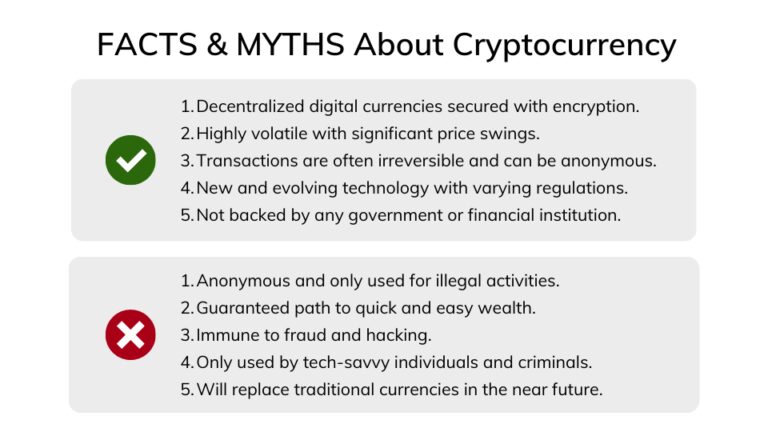
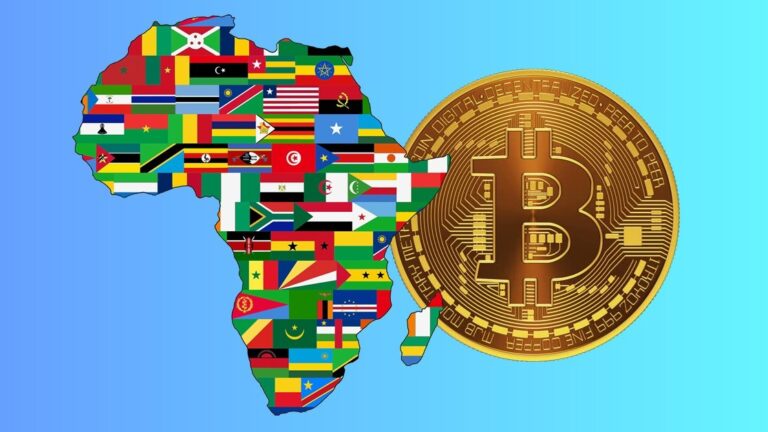
Non-Fungible Tokens, commonly known as NFTs, are unique digital assets held on blockchain technologies that represent a wide range of tangible and intangible items. This could range from virtual real estate and digital artwork, to music albums and designer sneakers. Every NFT has distinct properties and individual data that differentiate it from other tokens. This uniqueness and scarcity often lend to their value.
For collectors and creators aiming to dive into NFT investing, numerous platforms act as marketplaces where these transactions take place. NFT marketplaces, in the simplest terms, are platforms where NFTs can be created, bought, and sold. They bring together creators, collectors, and investors alike, providing an environment that supports the trading of these unique digital assets.
While NFTs have garnered attention from all corners of the globe, their rise in the African continent is particularly noteworthy. In recent years, many African artists, creators, and innovators have harnessed NFTs as a pathway to finance their creative endeavors, enabling them to reach a global audience. Thanks to these platforms, African artists can directly sell their artwork to buyers worldwide, oftentimes, without the need for intermediaries. This new wave of digital art patronage is transforming how African creatives make their living and is an exciting frontier to explore.
This surge in interest has also seen the emergence of NFT marketplaces that cater specifically to the African market. These platforms are not merely carbon copies of their western counterparts; they’ve been carefully tailored to address the unique needs and challenges of creators and collectors on the continent. So if you’re excited about NFTs opportunities unveiled in Africa, keep an eye on these unique marketplaces, because they represent a vibrant and fast-growing segment of the global NFT ecosystem.
OpenSea, with its robust marketplace and thriving ecosystem, is an influential player in the Non-Fungible Tokens (NFTs) space. The platform stands out due to its wide array of digital assets, including virtual real estate, collectibles, and digital art. OpenSea supports a variety of blockchain networks, including the Ethereum blockchain, providing a versatile and inclusive ecosystem for creators and collectors alike.
The platform’s intuitive interface, advanced search filters, and built-in wallet make it an ideal choice for both beginners and seasoned NFT enthusiasts. One of the unique aspects of OpenSea is its bundling feature, which allows users to sell multiple NFTs in a single transaction. Furthermore, OpenSea’s smart contracts facilitate quick, trustworthy, and hassle-free transactions.
In light of the growing interest in OpenSea and NFTs as a whole, it’s crucial to have a clear understanding of how to navigate this space successfully. If you’re interested in NFT investing, be sure to check out our comprehensive NFT Investing Guide.
Rarible is another noteworthy platform that’s creating shockwaves in the NFT marketplace. This decentralized platform has been well-received, particularly in Africa due to its creator-friendly features. On Rarible, anyone can create, buy, or sell digital assets without needing approval from a governing body. This decentralized approach empowers African artists, allowing them to directly benefit from their art’s value.
Verification is a central element of Rarible’s ethos. This feature, combined with its user-friendly interface, makes Rarible not only a hub for NFT trading but also a trusted platform where authenticity is guaranteed. For artists and collectors alike, understanding how verification operates can provide a greater sense of security. If you’re keen on knowing more about NFT verification, check out our article, Immediate Verification for your NFTs.
Both OpenSea and Rarible have played a pivotal role in making NFTs more accessible and mainstream. As we witness an increasing number of African artists and creators dipping their toes into the NFT scene, these platforms provide the infrastructure necessary for this flourishing market.
Before jumping into the wild waters of the NFT marketplace, it is essential to comprehend the process of minting NFTs. Minting, in the world of non-fungible tokens, refers to the process of turning a digital file into a unique, blockchain-backed NFT. For creators, this is the first significant step in entering the NFT market.
When you mint an NFT, you create a digital signature of your artwork, certify its originality and assign ownership rights. It’s like creating a digital certificate of authenticity that’s tamper-proof, ensuring that you, as the creator, get the credit and benefits for your work.
The NFT minting process includes the following steps:
If you’re interested in furthering your understanding regarding NFT minting, you may want to Dive deeper into the NFT minting process. It provides an in-depth insight into each step, helping you grasp the intricacies of NFT minting.
NFT wallets are digital wallets where you store your NFTs. Sounds straightforward, right? But when it comes to selecting the right wallet for your NFTs, there are several factors to consider. Not all wallets support NFTs, and among those that do, not all support all types of NFTs.
By using an NFT wallet, you maintain the ownership of your NFTs, allowing you to transact, trade, or sell them on any compatible platform.
Popular NFT wallets include:
Before selecting an NFT wallet, consider its security features, compatibility, support for different types of NFTs, and user interface. To learn more about choosing the right wallet for your NFTs, have a look at our comprehensive guide to Your Wallet for NFTs.
Non-Fungible Tokens (NFTs) are significantly influencing the music industry, ushering in a new era of music distribution and consumption. NFTs are providing artists with a fresh and innovative way of monetizing their creations and connecting with their fans directly, bypassing traditional intermediaries.
The essence of NFTs lies in their uniqueness, driven by blockchain technology. They have revolutionized how music content is perceived, owned, and traded. Artists can now mint their songs or albums as NFTs, making them exclusive digital collectibles that fans can purchase and own.
These new avenues for artists are not confined to the conventional. They span from selling rights to unreleased music, virtual merchandise, live concert tickets, and even unique experiences. As such, artists can derive more value from their work, while fans receive a more intimate and engaging experience. If you are interested in understanding more about the relationship between NFTs and the music industry, do not hesitate to dive into NFTs and Music: A Revolution.
NFTs have provided artists with an unprecedented level of control over their work. They can decide how many copies of their NFTs to mint, their price, and whether they will receive royalties each time their NFTs change hands.
This dynamic ensures that artists continuously benefit from the increased value of their work, rather than receiving a one-off payment. Moreover, the transparency and immutability of the blockchain provide proof of ownership, combatting plagiarism and unauthorized distribution.
For fans, NFTs offer an opportunity to own a unique piece of music and support their favorite artists directly. They can also potentially profit by reselling these NFTs in the future. Moreover, NFTs can add an experiential dimension to fandom, with opportunities for virtual meet and greets, exclusive concerts, and more.
NFTs adoption is on the rise in Africa, with several artists leveraging this technology to reach a global audience and gain financial independence. Blockchain technology, the bedrock of NFTs, allows these artists to bypass traditional galleries and retain a larger share of their art’s value.
Some of the influential African NFT artists include Osinachi, a self-taught Nigerian artist renowned for his post-internet aesthetics, and The Unknown Artist, known for his dynamic fusion of African traditional themes with a modern approach. You can find more about them and many other talented artists in our article on Africa’s Influential NFT Artists.
One of the unique aspects of African NFT artists is their ability to incorporate traditional African themes and aesthetics into their digital repertoire. By doing so, they are not only preserving and promoting African culture, but they are also adding a unique touch to the NFT space.
NFTs present a promising avenue for African artists to showcase their art to a global audience, control their pricing, and receive royalties. This framework could lead to a significant socio-economic impact in Africa, contributing to the growth and development of the continent’s creative economy.
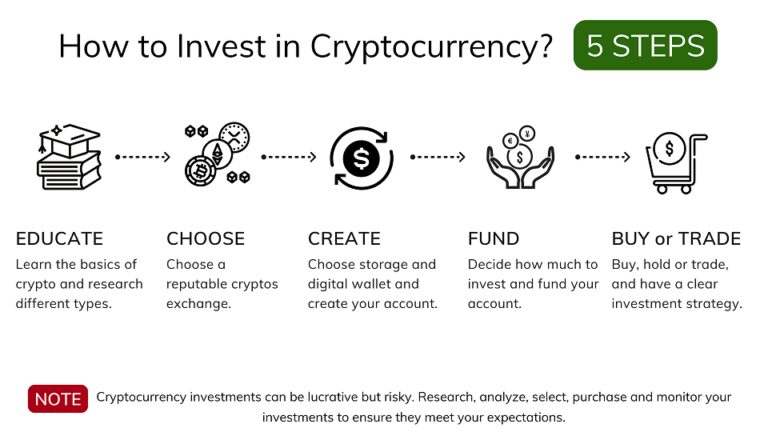
Blockchain technology has emerged not just as another tech buzzword, but as a revolutionary force that is reshaping various sectors, especially the traditional business models. Blockchain’s Disruptive Role takes centerstage as this technology facilitates a nuanced level of transparency, security, and efficiency that was previously inconceivable.
Information or data stored on a blockchain platform is distributed across a network of computers, known as nodes. This decentralization makes it virtually impossible to alter or delete information, thus offering an unprecedented level of data security. For businesses, this means a significant reduction in the risk of fraud and data breaches.
Moreover, blockchain’s inherent transparency implies that all transactions and their respective details are visible and verifiable by all network participants. This facilitates trust and cooperation between parties who don’t need to know each other personally, thereby eliminating the need for intermediaries in transactions.
Apart from these key features, blockchain also enhances efficiency in business operations. Traditional business processes often involve excessive paperwork, multiple validation steps, and time-consuming reconciliation. With blockchain, these can be automated and streamlined via smart contracts—self-executing contracts with terms and agreements directly written into lines of code.
Key sectors such as finance, supply chain management, healthcare, and real estate, among others, are experiencing profound changes as a result of blockchain disruption. The transformative effects of blockchain are so wide-ranging that they’re prompting a reimagining of conventional business operational models.
Beyond the buzz about cryptocurrencies, the blockchain space has given birth to some fascinating and innovative projects, one of which is Decentraland. Decentraland is a decentralized virtual reality platform powered by the Ethereum blockchain, where users can create, experience, and monetize content and applications.
What sets Decentraland apart is that it is not merely a virtual world—it is a platform that allows users to own the land they virtually inhabit. This means that users are not just players; they are property owners, creators, and entrepreneurs in this digital world. In essence, Your Virtual Journey Starts Here – in a vast, open-ended universe, limited only by your imagination.
Similar to a real-world property market, Decentraland allows users to buy, sell, and trade parcels of land, which are represented as NFTs. This has opened up a whole new realm of opportunities for digital real estate investments. Furthermore, with VR technology, users can immerse themselves in a world of games, exploration, and interactive experiences within Decentraland.
The rise of virtual platforms like Decentraland underscores the potential of blockchain technology in disrupting not just conventional business, but even our understanding of reality as we know it. As blockchain continues to evolve and mature, the world can expect to witness more groundbreaking innovations that challenge traditional norms and offer exciting new possibilities.
The film industry is one of many that has not been immune to the ripples created by non-fungible tokens (NFTs). The blockchain-based technology has unleashed the potential for a new way of financing, producing, and distributing films. From tokenizing film shares to creating unique digital art associated with movies, NFTs are redefining interactions between filmmakers, artists, and their audiences.
Imagine owning a unique piece of a film you love or having the digital rights to a favorite movie scene. With NFTs, this is now possible. Additionally, filmmakers are recognizing the potential of NFTs in raising funds for their projects. By tokenizing film shares, they can sell them as NFTs, giving backers a digital stake in the movie’s future earnings.
For a comprehensive overview of how NFTs are shaking up the silver screen, check out our in-depth article titled NFTs and the Film Industry.
The fashion industry is a place where creativity and cutting-edge technology often collide. This intersection has created a new wave of innovation with the introduction of NFTs. From tokenized couture pieces to virtual fashion shows in blockchain-powered worlds, fashion designers are embracing the NFTs trend.
NFTs allow designers to create digital clothes, shoes, and accessories that can be sold as one-of-a-kind pieces. The ownership of these virtual items is then tracked on the blockchain, providing undeniable proof of ownership and authenticity. Not only is this a novel and exciting new retail opportunity, but it also offers a solution to the fashion industry’s counterfeit problem.
In the same vein, NFTs are opening a new avenue for fashion brands to interact with their customers. Through virtual fashion shows in blockchain-powered metaverses, brands can connect with their customers in immersive, interactive, and exciting new ways.
If you find this intersection as fascinating as we do, you might be interested in learning more about how NFTs are weaving the future of fashion in our article NFTs: Weaving the Future of Fashion.
In conclusion, NFTs are more than just a passing trend. They’re a technological revolution that’s radically transforming numerous industries, from film to fashion. With their ability to authenticate, verify, and track digital ownership, NFTs are inspiring new ways of creating, sharing, and interacting with art.
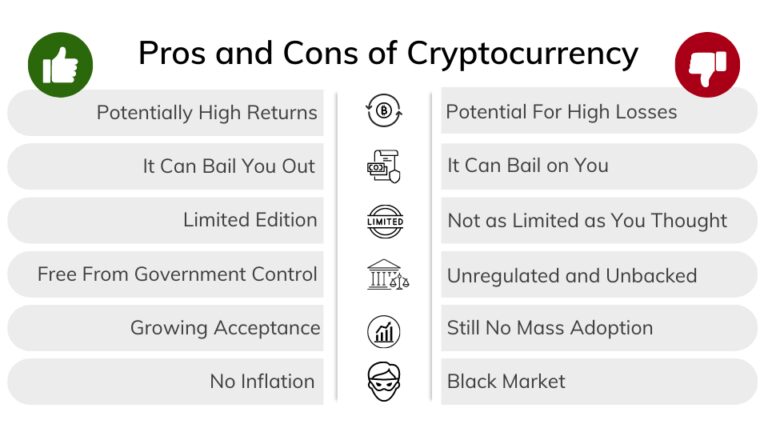
The world of sports is no longer just about on-field action. It has navigated into the world of digital assets, welcoming the adoption of Non-Fungible Tokens (NFTs). These digital assets have been a game-changer in how fans interact with their favorite teams and athletes. With NFTs, fans can now own exclusive digital memorabilia such as highlight reels, player cards, and even virtual tickets to games.
One may wonder, what has sparked this digital revolution in sports? It lies in the unique attributes of NFTs—their indivisibility, uniqueness, and the ability to verify authenticity without intermediaries. This has opened up new ways for sports clubs and athletes to engage with their fan base and generate additional revenue. It’s clear that the Sports Industry Embraces NFT Tokens, forging a new frontier in sports fandom and engagement.
This new frontier is not without its challenges. There are concerns about the environmental impact of NFTs, as well as issues of ownership rights especially when it comes to re-selling these digital assets. However, despite these challenges, it’s undeniable that NFTs are transforming the sports industry, creating new opportunities and redefining fan engagement.
The art world has always been seen as an exclusive realm, with individuals needing significant resources to collect and invest. However, the rise of NFTs is changing this, particularly through platforms like Art Blocks.
Art Blocks is an Ethereum-based platform that curates programmatically generated art. What this means is that artists create a script (a “smart contract” on the Ethereum blockchain), which then generates art when purchased. Each piece of art is unique (or ‘non-fungible’), and the ownership of these pieces is recorded on the blockchain.
This form of generating art is often referred to as ‘Generative Art’, and platforms like Art Blocks are using it to democratize art. Now, anyone with an internet connection can Engage with Gen Art on Art Blocks, and become an art collector. This is a significant shift away from traditional art markets that have always been dominated by wealthy collectors and institutions.
With platforms like Art Blocks, artists are not only given a new venue to showcase their work but also an innovative way to create it. As for collectors, they are provided with a transparent and immutable record of ownership, something that has often been a concern in the world of art.
While the idea of digitizing art may seem novel, it’s fast becoming the new normal, and platforms like Art Blocks are at the forefront of this change, truly democratizing access to art through NFTs.
Non-fungible tokens (NFTs) are revolutionizing various sectors, and the literature field ia no exception. Conceptualizing books, poems, and other literary works as NFTs is an exciting development in the digital world.
Authors and publishers are beginning to explore the endless possibilities of incorporating NFTs into their work. From tokenizing entire novels to selling chapters or exclusive content individually, NFTs are changing the way we perceive and interact with literature.
While printed books can be shared, lent out or resold, the ownership of an NFT literature piece is unique and non-transferable, unless sold. This introduces an entirely new perspective to the concept of book ownership.
The application of NFTs extends beyond the sale of digital literature pieces. It’s also providing an opportunity for readers to own a part of the literary work they adore, be it a signed digital copy, a favorite chapter, or even a custom-created piece by the author.
However, as with any emerging technology, challenges exist. The primary concern revolves around copyright issues and piracy. Authors and publishers have to be cautious when tokenizing their works. But the beauty of NFTs lies in the blockchain technology, providing foolproof ownership records.
For an in-depth understanding of how NFTs Revolutionize the Literature World, click on the link.
NFTs have not only transformed the digital marketplaces but have also had considerable environmental implications. The creation, sale, and trade of NFTs, much like cryptocurrencies, involve significant energy africage, contributing to high carbon emissions.
The energy consumption associated with NFTs primarily comes from the underlying blockchain network. Most NFTs use Ethereum, a blockchain that currently uses proof-of-work (PoW) mining to validate transactions. This PoW mechanism is energy-intensive, as it involves solving complex mathematical problems using high-powered computers, which consume a substantial amount of electricity. The carbon footprint of this process is indeed alarming.
Critics argue that the environmental costs outweigh the benefits of the NFT boom. As a result, developers and enthusiasts are seeking more sustainable alternatives, such as proof-of-stake (PoS) blockchains, which require significantly less energy.
On the other hand, some proponents suggest looking at the larger picture of digitalization, which generally tends to be more environmentally friendly. They argue that while blockchain networks indeed have high energy footprints, they are still less damaging than traditional systems they aim to replace.
For a more comprehensive understanding of the Impact of NFTs on the Environment, follow the link.
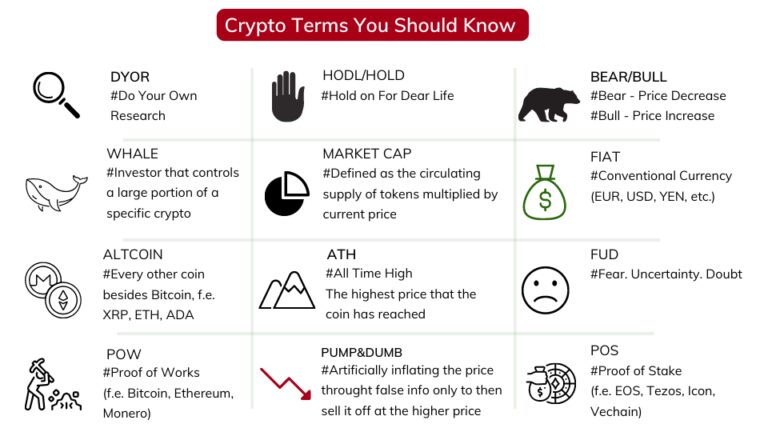
One area of non-fungible tokens (NFTs) rapidly gaining popularity is gaming, where the ‘Play to Earn’ trend has emerged. This game model allows players to earn real-world value by performing in-game tasks, trading goods, and assets.
The idea behind ‘Play to Earn’ is simple yet revolutionary: instead of spending resources to enjoy the game, players can actually earn while playing. Blockchain technology and NFTs make this possible, as each in-game item can have a real-world value, be unique (non-fungible), and be owned by the player rather than the game publisher.
With the advent of ‘Play to Earn’ games, the gaming industry has seen a paradigm shift. Players now see games not only as a source of entertainment but also as a potential source of income. These games are becoming especially popular in regions where traditional jobs are scarce or underpaid, including parts of Africa. For a more detailed exploration into this new wave of gaming, our Your Play to Earn Picks guide is the ideal starting point.
A side effect of the ‘Play to Earn’ trend is the emergence of high earners in the NFT gaming scene. These individuals are pioneers and early adopters of NFT games, leveraging the advantages of blockchain and NFTs to establish a strong foothold in this increasingly lucrative market.
Curious about who these top earners are? What games are they playing? And how much are they earning? The answers might surprise you. It’s not just about being good at games, but it’s also about understanding the value of in-game assets, knowing when to accumulate and when to dispose, and being a part of the gaming community.
These are just a few examples of how lucrative the NFT gaming market can be. But predicting which game will be the next big hit is no easy task. For an in-depth exploration of this topic, check out our guide on NFT Gaming Earners, where we profile some of the top earners in the NFT gaming sector and their strategies for success.
Non-fungible tokens, or NFTs, are revolutionizing not only the digital art world but are also making significant strides in socio-economic empowerment. NFTs offer a unique opportunity for creators, particularly those in underrepresented communities, to monetize their work and gain recognition in the global marketplace.
One of the defining characteristics of NFTs is their ability to democratize access to wealth. With the appropriate resources and knowledge, virtually anyone can create and sell their work as NFTs on various platforms. This ability to reach a global audience without the need for intermediaries has opened up new revenue streams, especially for artists in developing regions of the world.
Moreover, NFTs are promoting diversity and inclusion in the art world. Historically underrepresented artists now have a platform to showcase their works and narratives, allowing them to influence cultural discourse on a global scale. This decentralized and open nature of the NFT market has democratized the art world in unprecedented ways.
To learn more about the empowerment and social impact of NFTs, you can dive deeper into the subject here.
In the dizzying world of NFTs, even memes are becoming million-dollar assets. This may sound absurd to the uninitiated, but it underscores the transformative potential of NFTs. The transition from memes to millions is not just about the monetization of digital content, but it also reflects the changing perceptions of value in the digital age.
Take, for example, the infamous ‘Doge’ meme. Once a simple joke on the internet, it was recently sold as an NFT for a staggering $4 million. This trend extends beyond memes. Tweets, digital images, and even virtual real estate are being sold for eye-watering amounts.
The complex dynamic behind this trend is the idea of digital ownership. NFTs allow for the digitizing of assets and the ability to verify their authenticity and ownership. Therefore, what people are willing to pay millions for is not the digital content per se, but the proof of ownership that comes with it.
To better understand the value in NFTs and how they are turning memes into millions, check out our detailed guide here.

